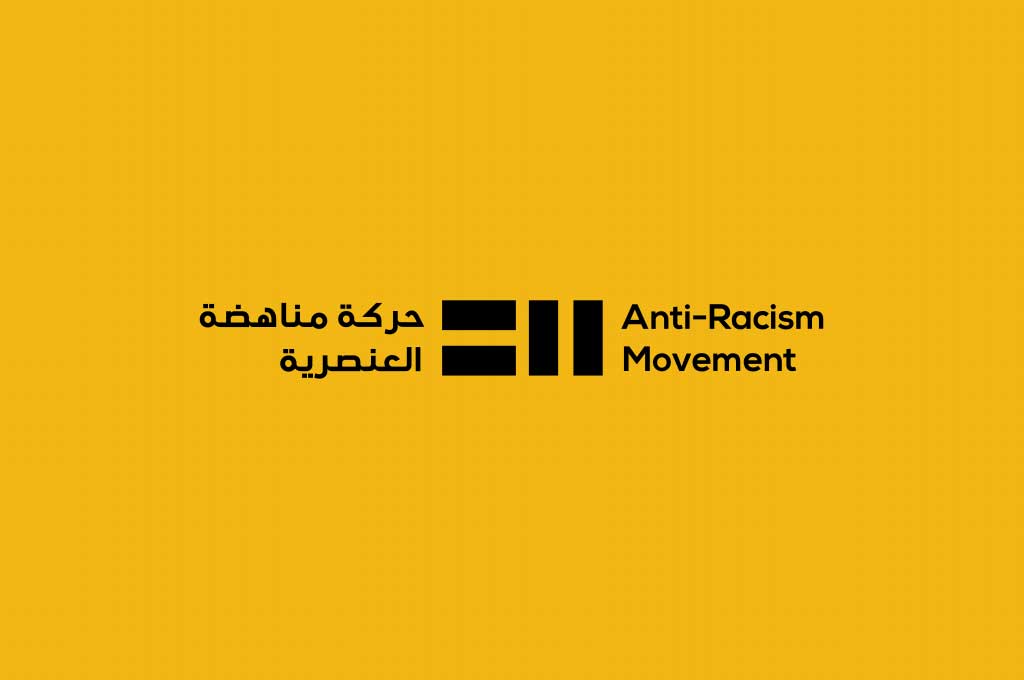Eye on civil society: The Anti-racism Movement, Lebanon
April 15, 2013
News
Thanks to Daleel Madani for this interview.
– Please explain how was ARM conceived and what does it seek to achieve?ARM is a grassroots movement created by young activists in Lebanon, in collaboration with migrant community leaders. It all started in spring of 2010, when a number of high-end resorts in Beirut – namely Sporting Club, St. George and Riviera explicitly banned migrant domestic workers from entering the resorts and/or using their facilities. That’s when a few of us decided to name and shame these resorts in an attempt to highlight racism as a cultural and social more in Lebanon. Our naming and shaming campaign that went viral back then was the anti racism movement’s first activity. The Anti-Racism Movement was hence launched to work on discrimination at large with a focus on race-based discrimination faced by migrant domestic workers in Lebanon. – What do you work on? and what are you main activities? What is your assessment on the current status and conditions of migrant and refugee communities in Lebanon?Our current efforts are mainly targeted towards racism (and other discriminatory and exploitative practices) against migrant workers, specifically. We do that through documenting, investigating, exposing, raising awareness on and fighting racist practices in Lebanon, through various initiatives and campaigns.There are around 250,000 migrant workers in Lebanon. For the most part, they are suffering from discriminatory labour laws and practices, such as the sponsorship system, the exclusion of domestic work from labour laws, the lack of monitoring and accountability in recruitment agencies, arbitrary detention, and discriminatory policies imposed in restaurants, banks, airlines, public transportation, tourist resorts and more.The sponsorship system is a set of practices tying the migrant worker to one employer throughout her/his entire stay in Lebanon. This set of practices lays the foundation of enslavement where the migrant worker is subordinate to the employer who has complete control of the migrant worker’s working and living conditions and lives and where the migrant worker has absolutely no legal recourse or protection and therefore the parties violating their rights are seldom, if ever, held accountable and/or punished. – How does ARM work to reduce racism in Lebanon? what are your main demands on the legislative level?So in a nutshell, ARM’s work is directed at making meaningful improvements not only in the lives of individual migrant workers in Lebanon, but also at the level of the institutions that perpetuate racism and exploitative practices such as the government, legal structure, ministries, agencies and theracist mentalities in the country. We do this through three main strategies: I. Awareness Raising and Education on the multiple faces and aspects of racism and its victims through:Video campaigns; Info sessions;blog and facebook page, including testimonials and stories from the field; direct actions, protests, etc; And awareness raising activities with schools, universities, education centers aimed at contributing to change the prevailing mentality. II. Supporting migrant communities facing race-based discrimination and promoting their cultural presence. We’ve established the migrant-run and led Migrant Communities Center (MCC) and Migrant Community Daycare Center (MCC Junior). This also involves celebrating culture through events and celebrations such as worker’s day parade and various holidays like Ethiopian New Year, in the attempt to help createstrong social networks among migrant communities AND to expose more people to these significant but largely ignored communities in Lebanon. III. Fighting the sponsorship system and other institutionalized injustice through lobbying for structural changes in laws and policies. We do this through speaking up against the sponsorship system and the single unified contract and reaching out to similar civil collectives and experts working on the issue, working on enforcing the bans and the ministerial decrees penalising racism and discrimination, and implementing direct actions and protests.**We also work on emergency cases of abuse and mistreatment through a system of referral to respective specialized groups and collectives equipped to deal with migrant workers victims of sexual violence, abuse, labor rights or other violations respectively. – How do you assess the question of racism in Lebanon? who are the main communities affected by this racism?Because we can’t assess or address racism in isolation of other related exploitative discriminatory –ism/practices/mindsets, because it doesn’t happen in and of itself but rather in a continuum and complementarily withrelated forms of discrimination, we work on issues involving mainly racism – and other related forms of discrimination such as sexism and classism. People mostly affected by these multiple –isms, at the core of which is racism, are communities of Asian and African origin, residing and working in Lebanon.
This content is only available in English, please switch the language to be able to read it.
Tags :
Lebanon
Share This :
Related Posts
“We are not racists, but”July 17, 2018
Being Dark Skinned in BeirutMay 30, 2018
Abused Ethiopian domestic worker is “the poster girl for kafala” in LebanonMay 25, 2018
Have Any Questions?
To inquire about this statement and the context, email us or fill the form.
